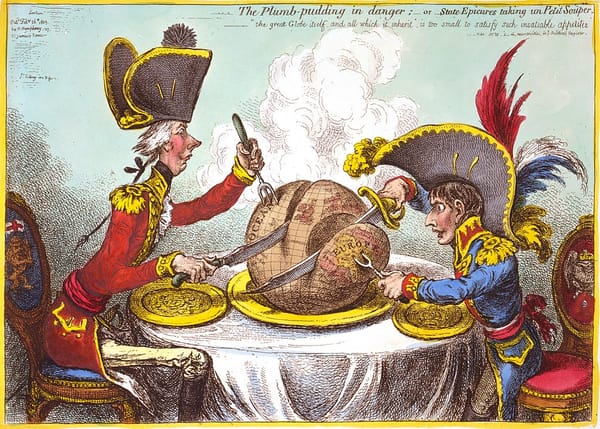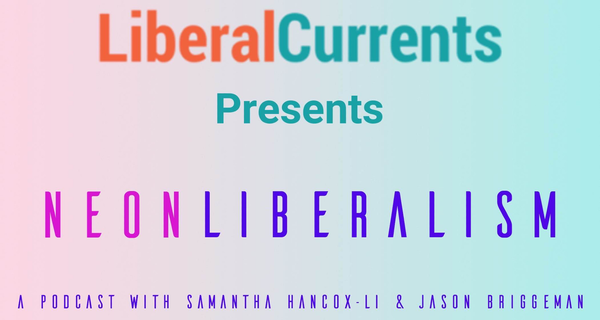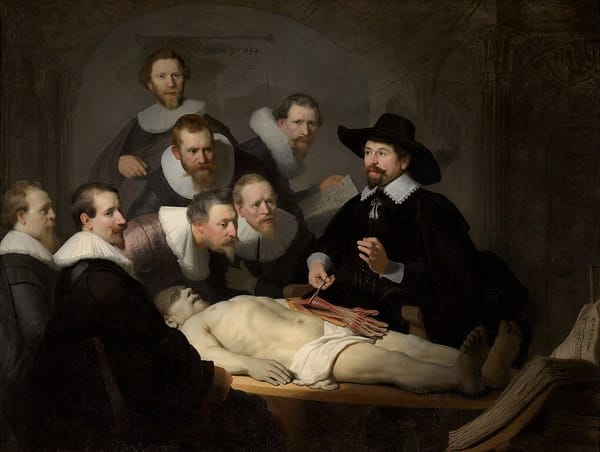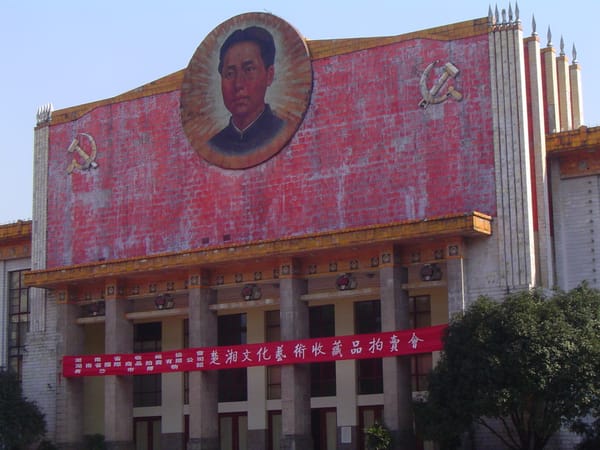The Democratic Animal: Thomas Paine's Legacy
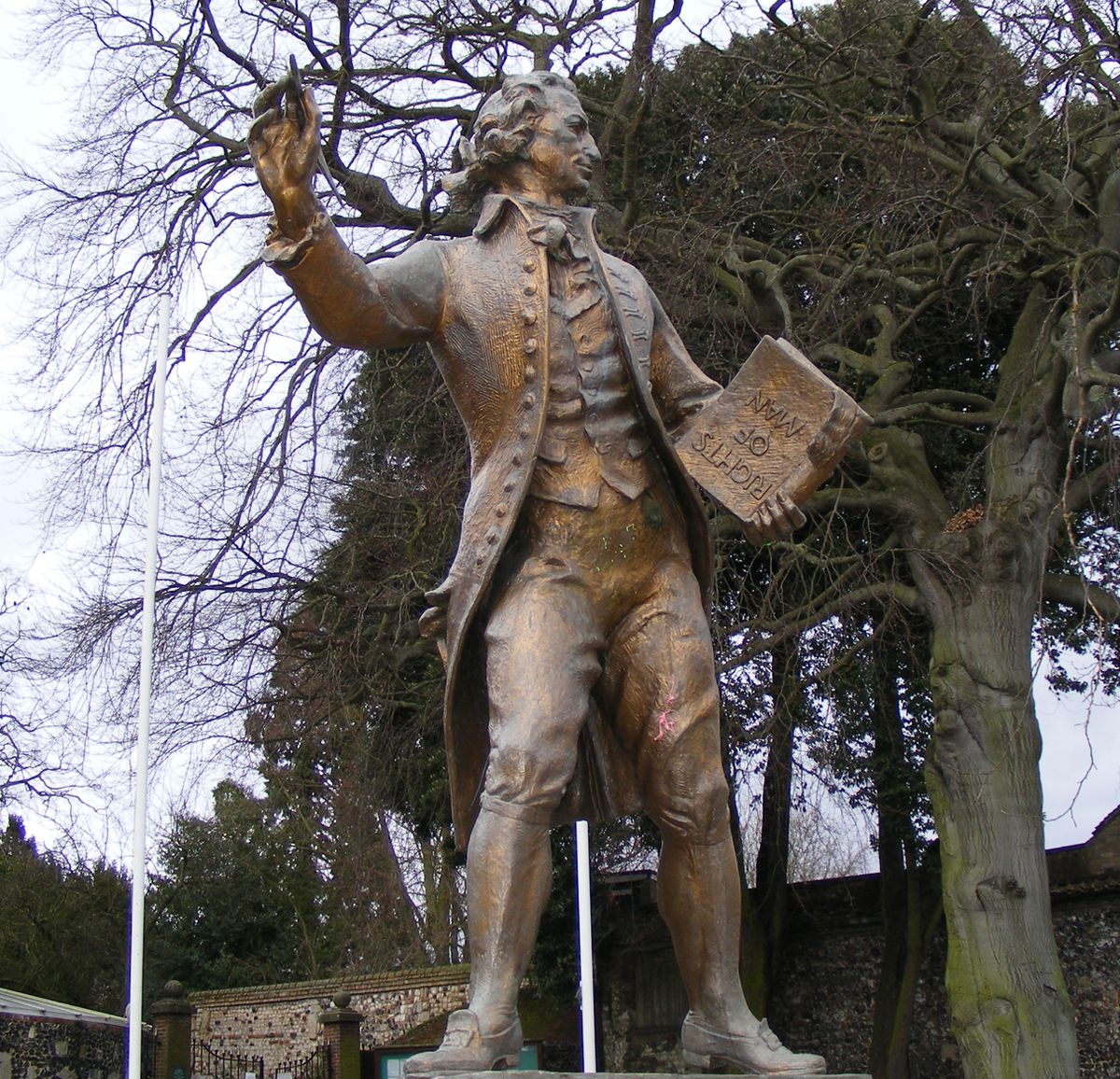
In 1774, Thomas Paine arrived in America having left a string of odd jobs, a twice-failed career as an Excise officer, and the remnants of two marriages back in England. The pamphlets he penned in America served as the spark (Common Sense) and the fuel (the Crisis series) for a revolutionary inferno. For thirty years, Paine was arguably democracy’s greatest partisan. He fought in the American Revolution, was chased out of Britain for writing The Rights of Man, served in France’s National Assembly until he was purged by the Jacobins, and opposed both colonialism and the poverty caused by the concentration of private property. Most importantly, with his “simple facts, plain arguments, and common sense,” (The Life and Major Writings of Thomas Paine, 17) he defanged the defenses of hierarchy offered by conservatives like Edmund Burke and still trotted out by illiberals and postliberals today.
Opponents of democracy have always thought human nature justified autocracy. Sir Robert Filmer thought kings’ divine right to rule was the same as the rights of any father over his children. The New Right’s favorite court jester, Curtis Yarvin, thinks most people naturally incapable of participating in a democracy. Hobbes justified absolute monarchy through his fear of men “without a common Power to keep them all in awe”—in the state of nature.
In attempting to explain the origins of government, Hobbes, Locke, and Rousseau each took recourse to the state of nature (each of theirs quite different from the others’). After all, it helps to convince people that your ideal form of government is the natural product of human reason. Proving the old adage about broken clocks, John Calhoun accurately wrote that “such a state is purely hypothetical. It never did, nor can exist.” He’s clearly correct, but the state of nature isn’t a useless or empty construct. Any attempt at a description of humanity before society and before government invariably reveals an underlying understanding of human nature. Paine’s description of the state of nature and how man first formed governments reveals a particularly striking view of human nature, one that recognizes a fundamental right to self-government. Now, more than two hundred years later, his insights still reveal the deficits of modern states and suggest alternatives.
“In this state of natural liberty, society will be their first thought”
In Leviathan, Hobbes famously calls life in the state of nature “solitary, poor, nasty, brutish, and short” and argues mankind needs to be tamed by an absolute government. Rousseau’s Discourse on Inequality is a paean for primitive life, arguing that “as [man] becomes sociable and a slave [emphasis added], he grows weak, timid and servile.” Paine’s view of man and the state of nature falls in between these extremes.
Like Hobbes, Paine recognizes that a solitary, ‘natural’ life would be absolutely horrific. Without a social division of labor, the life’s work of any one person will be negligible and fleeting. Worse, “disease, nay even misfortune, would be death” (5). However, Paine provides a vision of an initial human society without government which Hobbes would have deemed impossible.
Hobbes lamented that, unlike bees and ants, humans can reason and talk amongst each other. As individuals, they’re “continually in competition for Honour and Dignity”; they create factions, incite civil wars, and seek revenge. People are so naturally fractious, Hobbes argues, that they must vest absolute power in a Leviathan in order to “nourish themselves and live contentedly.” This pessimistic view of human nature is irreconcilable with Paine’s belief in a benevolent and “natural propensity to society” (359).
Paine says even without government people are still ‘governed’ by the “mutual dependence and reciprocal interest which man has upon man” (357)—society. Informal ties and the “laws of mutual and reciprocal interest” are all he deems necessary to enjoy civilization’s “reciprocal blessings” (5). Almost all of government’s supposed boons are attributed instead to “the natural operation of the parts [of society] upon each other” (359).
Paine finds man in the state of nature to be neither the monster Hobbes imagined nor the radically free individual of Rousseau. The minds of men are “unfitted for perpetual solitude” (5) and life is far too cheap without the “advantages which flow from agriculture, arts, science and manufactures,” (610) so people naturally gravitate to each other and form societies. At first, laws and government prove unnecessary, but Eden is fleeting and “government, like dress, is the badge of lost innocence” (4).
“Some convenient tree will afford them a State House”
Paine described the creation of the first government as a necessary response to a deficit of “moral virtue” (5) in early society. Initially this government would take the form of a simple democracy where everyone collectively deliberated on public policy. Indeed, for Paine, “[simple democracy] signifies the form, as well as the public principle of the government” (369). Because Paine sees government as an imposition upon society, every member of society must participate in legislating. At first, “every man by natural right [emphasis added] will have a seat” (6) but, as societies grow, this becomes impractical and governments either adopt representative systems or “[degenerate] convulsively into monarchies” (369).
For Paine, simple democracy always served as the measure against which to judge all other systems of government. When France adopted a constitution restricting the franchise to property-owners, he argued in his Dissertation on First Principles of Government that “it is dangerous and impolitic, sometimes ridiculous, and always unjust, to make property the criterion of the right of voting.” The only people Paine thought could be morally stripped of their right to vote? “Those who should propose to take away that right from others.” Certainly a sentiment with some resonance today.
Paine thought democratic politics not only a natural right and the best way to handle public affairs but also the system of government most conducive to human achievement. “[Athens’ simple democracy] was the wonder of the ancient world; [representative democracy] is becoming the admiration and model of the present” (372). Democratic government doesn’t require its subjects to accept obvious falsehoods and myths as proven fact; it allows the cultivation of the “high democratical mind” (371).
In Agrarian Justice (621), Paine describes the evils inherent to political tyranny:
[Despotic] governments consider man merely as an animal; that the exercise of intellectual faculty is not his privilege; that he has nothing to do with the laws but to obey them; and they politically depend more upon breaking the spirit of the people by poverty, than they fear enraging it by desperation.
Paine didn’t condemn despotism just because tax revenue is spent on needless ceremonies, castles, and foreign conflicts. Paine recognized despotism corrupts the morality and minds of its victims. “There must be something strangely degenerating in the love of monarchy, that can so completely wear a man down to an ingrate, and make him proud to lick the dust that kings have trod upon” (59). Deception and misdirection, the “craft of courtiers,” (369) are used by despots, Paine alleges, to “[make the people] believe that government is some wonderful mysterious thing” (375) they are incapable of understanding.
In comparison, “the representative system diffuses such a body of knowledge throughout a nation, on the subject of government, as to explode ignorance and preclude imposition” (375). By making everyone a “proprietor in government” (375), democratic forms of government incentivize far more scrutiny on public policy decisions than autocratic systems, enabling meaningful self-correction. Only when wisdom can come from anyone and anywhere, and leaders can be openly criticized, can government “be as much open to improvement as anything which appertains to man” (397).
“Frequent interchange will establish a common interest”
As conservatives delight in pointing out, many of America’s Founding Fathers were critics of democracy who believed the will of the people needed to be directed and shaped by elites. In his autobiography, John Adams called Paine’s writings on government “so democratical, without any restraint or even an Attempt at any Equilibrium or Counterpoise, that it must produce confusion and every Evil Work.”
The influence of this widespread skepticism of democracy, of supposed mob rule, is clearly visible in the Constitution. Charles A. Beard’s argument that the Constitution was primarily the product of economic interests may have been flawed and overly ambitious, but the gist was correct. When defending the Constitution, Hamilton explained the selection of Senators needed to “preclude the communication of the false impressions which they receive from the people.” Federalist No. 68 describes how the electoral college, “detached and divided” from voters, was similarly intended to temper popular enthusiasm.
Due to believing democracy government’s natural form and participation therein a natural right, Paine turned this view of representation on its head. Government by representative is a logistical necessity, of course, but representatives must be kept in alignment with those they represent. To ensure “the elected … never form to themselves an interest separate from the electors, prudence will point out the propriety of having elections often” (6).
This belief in nurturing strong ties between a people and their government bolstered Paine’s anti-monarchism. Macchiavelli compared writing about princes to drawing a landscape: to understand the valleys, you must stand atop the mountains and vice versa. Paine argued anyone in a position of power, especially monarchs, quickly begins to grow detached from the people they govern. In order to keep this disconnect hidden today, Supreme Court justices boast about camping in Walmart parking lots while they’re wined and dined by billionaires.
To preserve democratic virtue, Paine argued representative governments must remain both simple and transparent. He harbored an abiding hatred of courtiers because they hid the science of government “for the purpose of enslaving, plundering, and imposing upon mankind.” In a representative government, “the reason for everything must publicly appear” (375) in order to preempt the “slavish custom of following what in other governments are called Leaders” (375). As government is “a trust, in right of those by whom that trust is delegated, and by whom it is always resumeable” (379), the ability of the people to manage what is naturally theirs must be preserved and cultivated.
“O! receive the fugitive, and prepare in time an asylum for mankind”
For the modern left-liberal, Paine provides an understanding of human nature as both deeply and inherently democratic. While the political right is obsessed once again with the phantasm of a natural social order, Paine draws attention to the contingency of hierarchy. While the right revels in their misguided designation as modern populists, Paine models authentic, automatic populism: the fruit of a truly democratic ethos and his skepticism of established power.
His political thought is certainly not without flaws. Paine’s opposition to government per se seems misguided once you recognize the laws “of trade and commerce” (359) he idealized require a government enforcing property rights. Paine himself eventually advocated for extensive government welfare programs in The Rights of Man Part II and his pamphlet Agrarian Justice. His opposition to elite rule often became baseless conspiracism (like when he accused Washington of having him imprisoned in France) and he frequently engaged in anti-Catholicism (using words like “jesuitically” (19), “popery” (12), and “papistical” (19)). Nevertheless, the wisdom that led Paine to declare “my country is the world, and my religion is to do good” (414) and then to act consistently with that sentiment is certainly much-needed today.
His arguments against technocracy, personal rule, and despotism are unfortunately all still relevant. Government remains needlessly complex, making it unnecessarily difficult for people to receive much-needed assistance or engage as political actors. Political tyranny still struggles with its inability to react to criticism and its stifling effects on innovation. His positive case for democracy, however, is still being made. The average citizen remains far too ignorant of what the government is actually doing and democratic politics often degenerates into spectacle.
With Paine about to finally be honored with a monument in D.C., it’s important to reflect on what it would mean for us to take his principles seriously. If we thought every member of society can and should be able to legislate, what would public education look like? How could a truly great society ensure that, as CLR James said, “every cook can govern”? If we felt representatives should actually “act in the same manner as the whole body would act were they present,” (6) how would we structure our party system and our elections? Would we still expect each member of the House to represent hundreds of thousands of constituents?
Two hundred years ago, Thomas Paine’s rhetoric helped overthrow monarchies centuries old. With Orban in Hungary, the AfD in Germany, Trump in America, and Bongbong Marcos in the Philippines, liberals once again are defending democracy and human rights from right-wing authoritarianism. When dethroning today’s nouveau-tyrants, liberals shouldn’t forget to make use of their Common Sense.
Featured Image is Thomas Paine statue, by Andrewself

